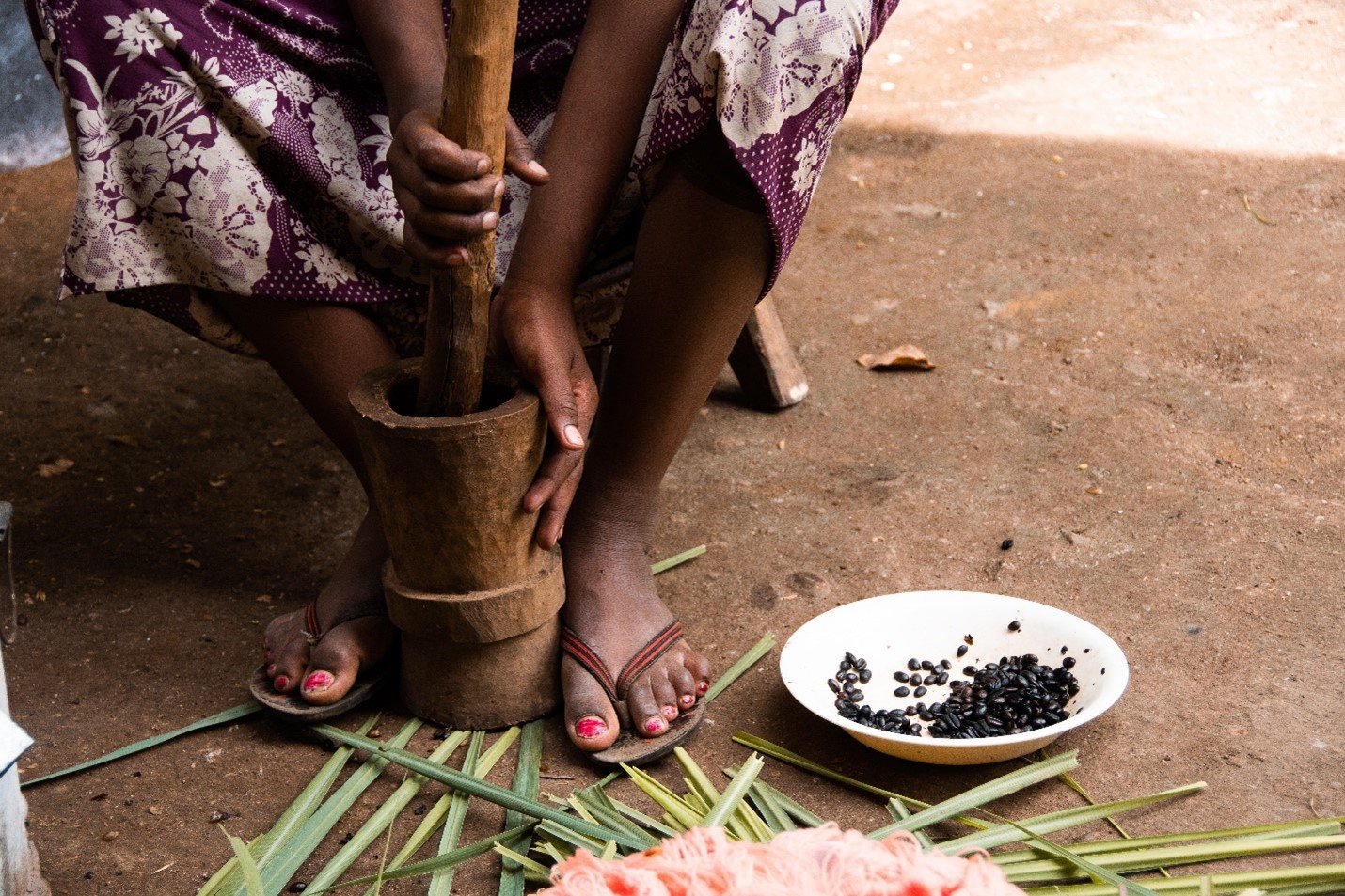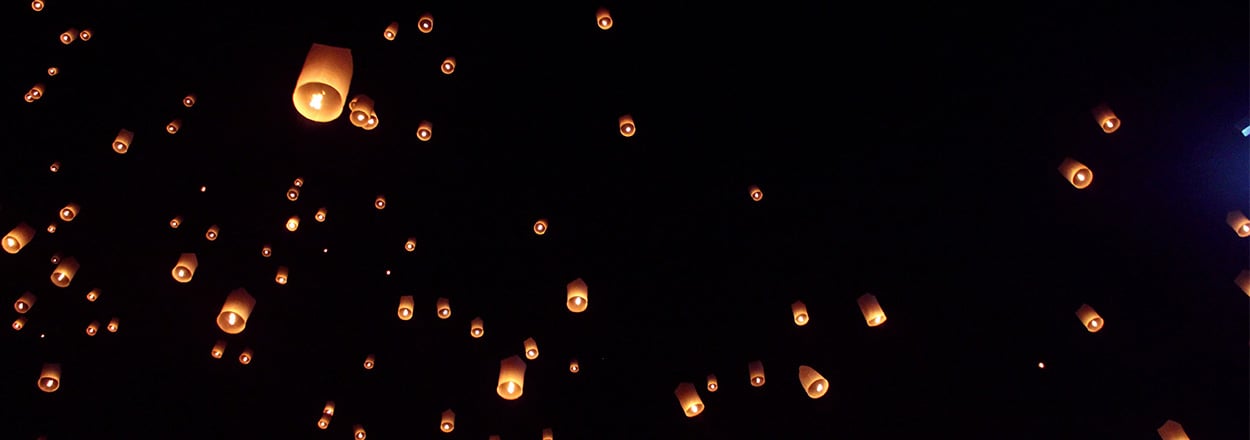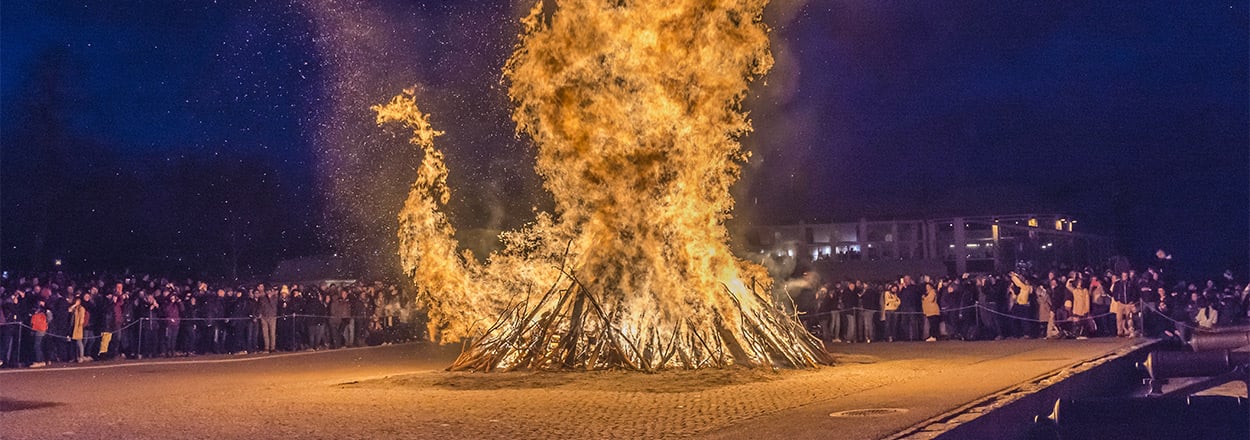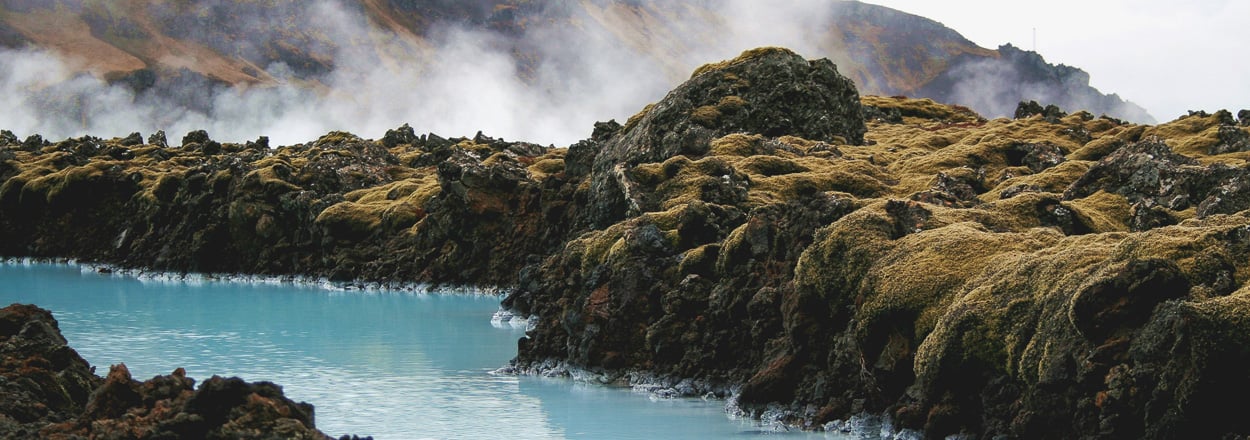Water is not only a universal force shaping cultures worldwide, it also holds a magnetic appeal for travelers seeking unique experiences. From sacred rivers to vibrant festivals, there are a plethora of experiences waiting for the curious traveler interested in exploring water's role in local traditions. If you are traveling to any of the countries in this article, do make time to immerse yourself in the allure of cultural tourism for an authentic experience.
The Ganges River in India
Immerse yourself in spiritual rituals along the ghats of the Ganges River, where pilgrims believe in the cleansing power of the sacred river, offering insights into India's profound spiritual traditions and diverse rituals and practices. These encounters promise a deeper understanding of local life and foster connections that go beyond typical tourist experiences.

The revered Ganges River is believed to have originated from the prayers of King Bhagirath, who sought eternal peace for his ancestors. The sacred waters flow through Rishikesh, renowned as the yoga capital of the world, drawing enthusiasts from across the globe. While belief in the Ganges' power may have dwindled, its impact remains immeasurable. The river's sanctity transcends its physical form emphasizing the sacredness dwelling within the human heart.
Tea Ceremonies in Japan
When touring Japan, one can participate in a traditional Japanese tea ceremony, where water symbolizes purity and creates a serene atmosphere. Travelers can embark on a cultural journey where the ancient art of the tea ceremony, known as "Sadō," unfolds as a profound expression of harmony, respect, purity and tranquility. Rooted in Zen Buddhism, the tea ceremony involves meticulous preparation and presentation of matcha, a powdered green tea. In this ritual, water symbolizes purity and serves as the medium for creating the perfect cup of tea, participants not only savor the flavors of matcha, but also cultivate a deeper understanding of Japanese aesthetics, philosophy and interpersonal relations.

The tea ceremony becomes a meditative experience, fostering a sense of tranquility and connecting participants to Japan's rich cultural heritage. Travelers who wish to experience this ceremony will find a number of temples, traditional Japanese gardens, cultural facilities and hotels that have tea houses — particularly in Kyoto, the ancient capital that is still the center of Japan's traditional culture. Interestingly, this ceremony actually originated in China but has become one of the most quintessentially Japanese experiences. The simple task of preparing a drink for a guest is elevated to an art form through an intricate series of movements performed in strict order.
Coffee in Ethiopia
In Ethiopia, water symbolizes hospitality and communal bonding. Visitors can explore the region’s rich cultural customs by stepping into the heart of Ethiopian culture through a mesmerizing Ethiopian Coffee Ceremony, a tradition that beautifully blends water and hospitality. The ceremony is a symbolic journey, representing the three stages of serving coffee: "Abol," the first round; "Tona," the second round; and finally, "Baraka," the third round. Water plays a central role in the cleansing rituals, where hands are washed, and the aromatic coffee beans are rinsed.

The ceremony then unfolds with meticulous care, from roasting green coffee beans to grinding them and brewing the coffee. As the aroma fills the air, participants engage in meaningful conversations, fostering a sense of community and warmth. Water symbolizes purity and renewal in this age-old ritual, making the Ethiopian Coffee Ceremony a delightful and immersive experience. Considering that coffee grown worldwide can trace its heritage back centuries to the ancient coffee forests of the Ethiopian plateau, it is no surprise that the coffee ceremony is such an important tradition here.
The Holi Festival in India
Dive into the vibrant and joyous celebration of the Holi Festival in India, where colors and water come together to commemorate life in all its hues. This ancient Hindu festival marks the arrival of spring and the triumph of good over evil. The playful throwing of colored powders known as "gulal" and spirited water fights add a dynamic and festive element to the celebration. Water balloons and water guns become tools of cheerful expression as people of all ages join in the revelry, fostering a sense of unity and equality.

The use of water symbolizes the cleansing and renewal of the spirit as participants immerse themselves in the lively and communal atmosphere. Holi transcends cultural boundaries, offering a unique and exuberant experience that celebrates the beauty of life through the enchanting interplay of colors and water. Holi is celebrated at the end of winter, on the last full moon day of the Hindu luni-solar calendar. The festival marks the beginning of spring, and the date varies with the lunar cycle. Typically, the date falls in March, but sometimes it occurs in late February.
The Floating Lantern Festival in Thailand
In Thailand you can release a lantern into the night sky during the Floating Lantern Festival, where wishes take flight on gentle waters. Known as Yi Peng, this magical celebration occurs during the full moon of the twelfth lunar month, typically taking place in mid-October or mid-November and lasting for a few days.

During the festival, participants release beautifully crafted lanterns, or "khom loi," into the night sky, each carrying heartfelt wishes and prayers. The reflection of these glowing lanterns on the water creates a mesmerizing spectacle, symbolizing the release of negativity and the embrace of new beginnings. Water, in this context, becomes a mirror reflecting the dreams and aspirations of those who partake in this age-old tradition. The Floating Lantern Festival captures the essence of hope and connection, as the flickering lights dance on the water, creating a serene and otherworldly atmosphere.
These traditions highlight the diverse ways water shapes cultural practices, rituals and celebrations across the world offering travelers a rich tapestry of experiences to enjoy. They serve as windows into varied traditions and highlight the interconnectedness water fosters among communities.






comments